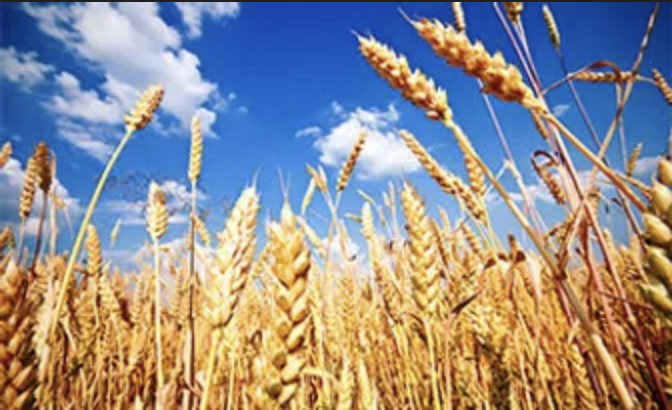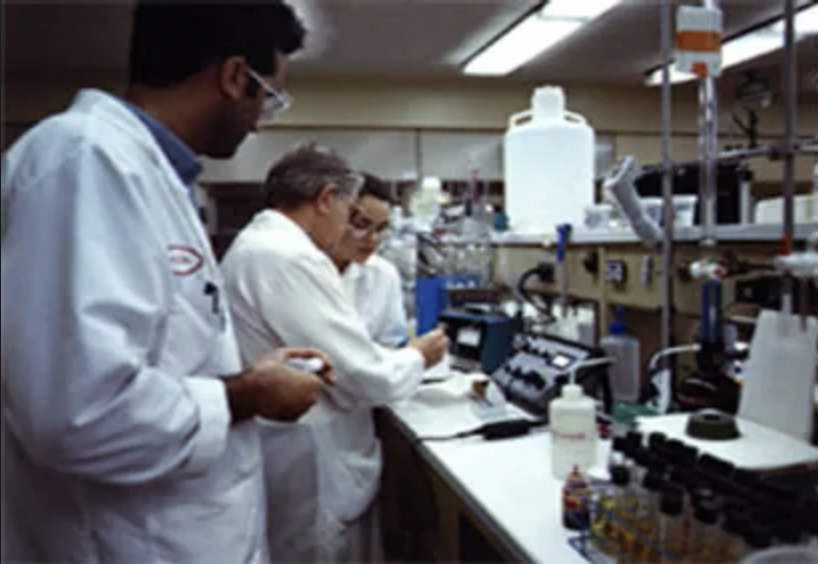
Welcome To SoilPro
Top Quality Compost
Quality Products For Healthy Soil.
SoilPro Products
Find out how SoilPro Premium Products are used in different industries.

Landscapes, Parks and Gardens
Many different landscape and supply companies use or resell SoilPro Products Premium Compost for a variety of projects ranging from residential and commercial landscapes to athletic fields and parks.

Agriculture
Having a proper amount of carboneceous matter in the soil is essential for its overall quality. It improves the chemical, physical, and biological properties of the soil, fostering positive effects on the crops.

Viticulture
Compost can be used as a soil amendment or mulch. Some benefits include:
* Improved soil structure over time
* Reduced irrigation due to enhanced water retention and water-use efficiency.
Message From
Joe Lamp’l – Host of Growing a Greener World
- Flower and Ornamental Garden Beds
- New Turf Areas
- For Trees and Shrubs
Seal of Testing Assurance (STA)

If it’s not STA, what is it? Top quality compost produced under guidelines outlined in the United States Composting Council’s Seal of Testing Assurance Program.
Product Specifications – SoilPro Products Compost is sold in bulk form, by the cubic yard or ton.
Available as SoilPro Premium Compost
- Premium – finely screened for turf topdressing (>3/8″)
- Processed and stored inside, improving product consistency and ease of handling (never clumpy or wet)
Guaranteed Minimum Nutrient Analysis

- Total Nitrogen………………………………………………1.5 %
- 1.4%……….Water Insoluable Nitrogen
- 0.1%……….Water Soluable Nitrogen
- Available Phosphate (P2O5)………………………… 2.0 %
- Soluable Potash (K2O)………………………………… 0.4 %
- Iron………………………………………………………………. 2.0 %
Ingredient List:
- Composted biosolids (treated sewage sludge), forestry products, yard trimmings and stable bedding.
- Information regarding contents and levels of trace elements in this product are available on the internet at http://www.aapfco.org/metals.htm.
PREMIUM COMPOST SUMMARY
A summary based on the results of the analysis performed on the sample received by Soil and Plant Laboratory on April 23, 2014 is provided below.
- Reaction (pH): 7.1
- Qualitative lime: None
- Salinity (ECe): 13.7 dS/m 7.8 dS/m after leaching
- Carbon / nitrogen ratio: 14.9
Fertility on a dry weight basis:
Nutrient
Total Nitrogen
Mineralized Nitrogen (immediately available)
Organic Nitrogen (Slow release)
Total Phosphorus (as P2O5)
Total Potassium (as K2O)
Total Iron content
Total Manganese
Total Zinc
Total Copper
% of sample
2.75
0.543
2.21
5.2433.4 lbs.
0.533.38 lbs.
5.2433.38 lbs.
–
–
–
Per cyd.
17.52 lbs.
3.43 lbs.
14.09 lbs.
33.4 lbs.
3.38 lbs.
33.38 lbs.
2.55 ozs.
6.53 ozs.
2.89 ozs
At an application rate of 2 cyd. per 1000 sq. ft. to a 6-inch depth, this amendment is expected to provide enough nitrogen, phosphorous, potassium and sulfate to correct any deficiencies of those nutrients in a low fertility soil. Some copper and zinc as well as small amounts of calcium, magnesium, manganese, and iron would be supplied.
Physical properties
- Bulk density (at 35.9% moisture) 637 lbs. per cyd.
- % organic matter on dry weight basis 68.3%
- % water (as received) 35.9%
- Particle size distribution (dry weight of % passing)
- 1 inch – 100%
- ½ inch – 98.8%
- ¼ inch – 90.7%
- 0.5 mm (dust) – 23.9%
A typical use rate for this product in a landscape situation would be 2 cyds. per 1000 sq. ft. incorporated to a 6-inch depth and should be followed with adequate leaching irrigations. If used in nursery containers, this material should not exceed 10% of the mix by volume. A typical rate for agricultural application would be 10 tons per acre. A typical use rate for this product as a topper would be 1/3 cyds. per 1000 sq. ft.
